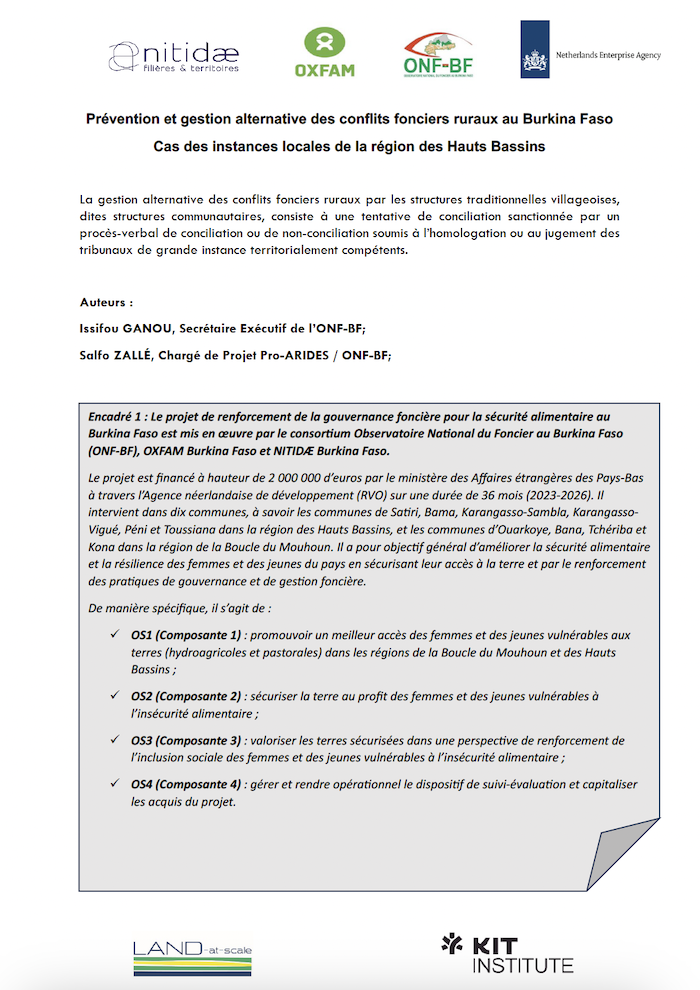Community Stewardship: Adding a Community Angle to PES Markets
May, 2024
India
Kenya
The session examined the dynamics of Payments for Ecosystem Services (PES) markets, with a focus on integrating community perspectives into the voluntary carbon market (VCM), particularly in the context of REDD+ initiatives. Recent years have seen a surge in PES, driven by net-zero goals and market opportunities, but concerns have emerged over carbon colonialism, as millions of hectares in the Global South, often inhabited by Indigenous Peoples and local communities, become targets for carbon sequestration due to low costs and insecure tenure.


